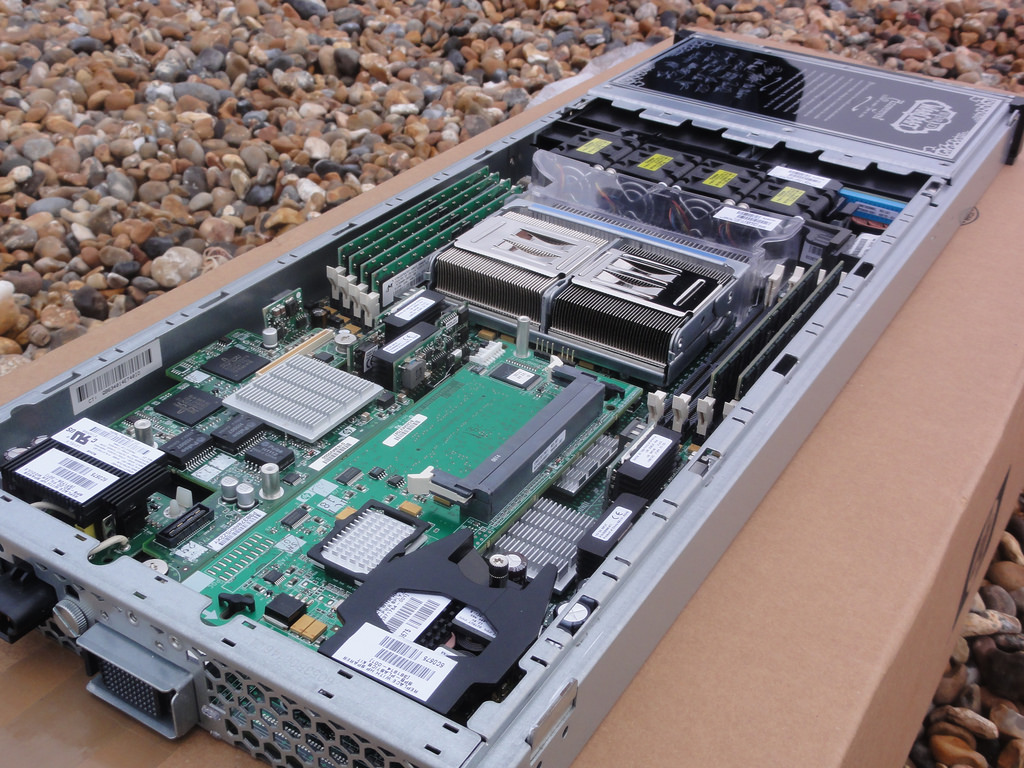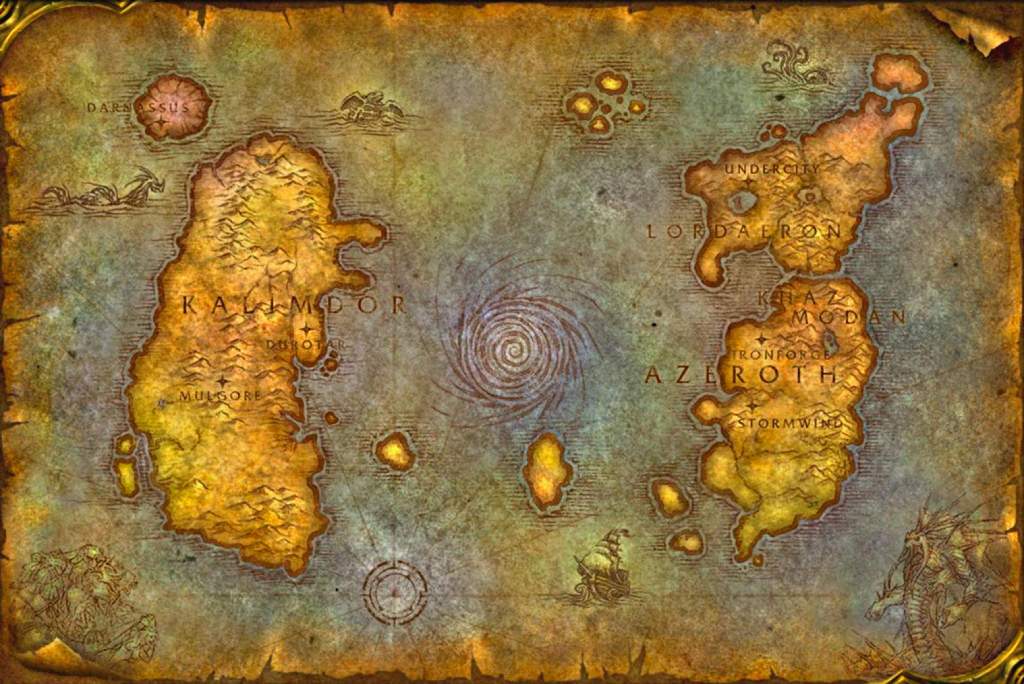Tag Archives: Archiving
A win for digital preservation

As many of you know, I am a big fan of older software and systems, even maintaining a small collection of vintage computer systems and software. Indeed, it is the software that is important, as hardware without software is just hardware, nothing more. Every piece of hardware needs a killer app to run on it, or people don’t buy the hardware in the first place. It’s why game consoles need to have a robust software lineup available at launch, or else risk being left behind for the entire generation.
Thing is, preserving physical copies of software is easy, procedurally, anyway. You have the physical software, and you digitize it while preserving the physical copy itself, and it could be a permanent record. of course, there are issues with maintaining the software in a runnable state, both for the digital version (are there suitable emulators available?) and clearly for the physical version, which is subject to all kinds of risks including environmental and technical. There is the issue of bit rot, an ill-defined term which generally refers to either a physical medium being unusable because as technology advances, the hardware used to read it becomes obsolete, or the general lack of performance of a physical medium overall due to the aforementioned environmental or other factors.
Even with physical copies, issues of the grey-area legality of emulators is always front-and-center, with the real focus being on ROMs. Nintendo recently shut down long-time and much-loved ROM site EmuParadise simply by threatening legal action. Curious, considering EmuParadise has been around so long, but now Nintendo wants to start monetizing its older IPs, and EP might put a bee in that bonnet. Also, ‘shut down’ isn’t entirely true: they didn’t shut it down but the site no longer hosts ROMs, and even though there is still a lot of information, the actual games being lost is a big problem. I have to go further out of my way to find ROMs, even for games whose companies, platforms, sadly even developers are long gone.
So why does this all come up now? Because we are in an age now where much of the software, data, and information we have is in digital form, not the physical form of old, and this leads to huge problems for historians and archivists such as myself. If something is only available digitally, when the storefront or host on which it is available goes down, how will we maintain an archived copy for future generations to see and experience? I have a Steam library with, at the time of this writing, over 300 titles that are all digital. there is no physical copy. So, just for argument’s sake, let’s say Steam closes shop. What happens to all those games? those VR titles? That one DAW? Will they just vanish into the ether? Steam claims if they ever shut down, we’ll be able to download them all, DRM free. But will we? As the best answer in that earlier link states, Steam’s EULA that all users are required to accept, states that their games are licensed, not sold. That may seem strange, but it has actually been that way for a long time. Even with physical games, you don’t actually own them and what you can do them outside of simply play them is exceptionally limited.
So how do we preserve these digital-only games? Whether a tiny development house creating an app, or a huge AAA title developed by hundreds of people: if the company shuts down or the people move on or whatever happens, how will we access those games in the future, 10, 20, 50 years from now?
This becomes even more of an issue when we have games with a back-end, or a server-side component. The obvious example is MMOs such as Everquest and World of Warcraft. What happens when their servers shut down and the game can no longer be played? How do we continue to experience it, even if for research or historical purposes? If the server code is gone, having a local copy of the game does us no good. As many MMOs and other online games continue to shut down, the fear is they will simply fade into nothingness, as if they never existed, but their preservation as a part of the history of gaming and computing is important.
Some brave souls have tried running what are called ‘Private Servers,’ which is server code not run, supported, or authorized by the developing company. Again, the most common example are World of Warcraft private servers you can join, which are not running the current code, but earlier versions which people often prefer and which brings up another interesting issue regarding the evolution of these digital worlds: Even if a game is still going strong, as is WoW, how do we accommodate those who prefer an earlier version of the game, in this case known as vanilla, meaning with the original mechanics, structure, narrative, and other gameplay elements that were present on launch but have since been designed far out of the game? Vanilla WoW is not officially offered although that will apparently be changing, but many private servers are immediately shut down via Cease and Desist orders from Blizzard, with one being shut down the day it came online after two years of development. Others manage to hang on for a while.
At the risk of going off on too much of a tangent, the reason I’m talking about this and why it has taken me six paragraphs to get to my point is that there has been a semi-wonderful ruling from the Librarian of Congress that essentially maintains an already-written rule that if a legacy game is simply checking an authentication-server before it will run, it’s legal to crack that game and bypass the check procedure.
Additionally, while that small thing includes the ability to allow legacy server code to run and be made accessible, it specifically can not be done so by private citizens, only a small group of archivists for scholarly / scientific / historic / other related reasons, and most importantly, the server code has to be obtained legally. That may be the biggest hurdle of all, as it is well known some companies sit on games and IP long after their market value has faded, preventing them from being released or even reimagined by the public. I’m hoping this is the beginning of a renewed push for legal support to archive and utilize legacy code and legacy server code to continue to preserve not just software titles of all types, not just games (and the new ruling includes everything), but the interim forms they took throughout the course of their development.
One additional note that surprises me even to this day: There is one online game that while very popular was eventually shut down by its parent company. That game was Toontown Online, and it was developed by Disney, a company well-known for aggressively protecting its IP. So it is especially surprising, that when an enterprising teenager who missed the world they had created decided to run a free private server, even renaming it Toontown Rewritten, Disney let it go! It has been up and running for a good number of years, has seen many improvements, updates and additions other than its terrible log-in client, and runs quite well. Here’s a screenshot of its current state, and as you can see it is still popular.
It still uses Disney-owned names and imagery, and has the unmistakable Disney aesthetic – there’s even a Toontown in Disneyland! If you want to see the proper way to handle this whole issue, once your game is done and abandoned, let an enthusiastic team who is passionate about the project and treats it with respect take over. It makes goodwill for you, a positive experience for them, and ensures your creation will continue to live on.



